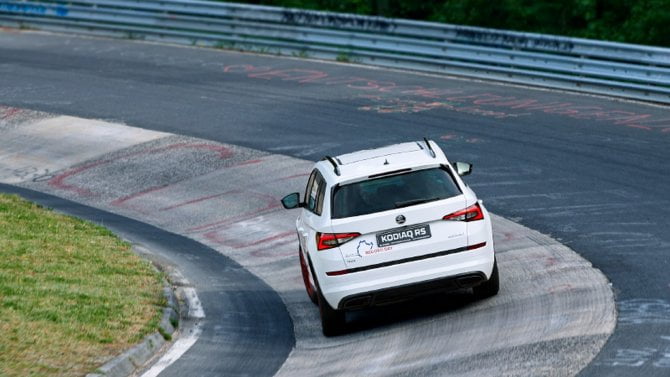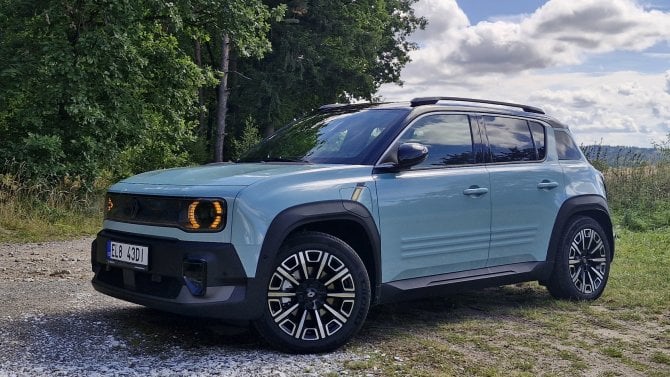...
BRUSSELS, June 10 (Reuters) - For weeks the United States sought in vain to convince Russia to end its campaign against a planned missile shield in eastern Europe and join its effort to pre-empt threats from Iran and beyond.
When it finally got a reply -- Thursday's surprise proposal by President Vladimir Putin to share a 22-year-old radar in Azerbaijan -- it could be excused for not jumping at the offer.
For while the proposal is at odds with much U.S. planning to date, Washington cannot be seen to dismiss it out of hand. It is also a new factor that could undermine the fragile backing of the United States' Western allies for the existing shield plan which it has spent months trying to shore up.
"The truth is, nobody knows if this is the Russians showing a more cooperative side or not," said Giles Merritt, director of the Brussels-based thinktank Security and Defence Agenda.
At first glance, Putin's offer, made at a meeting of Group of Eight (G8) major powers last week, lacks appeal.
One of the biggest radars in the world, the Qabala radar in northern Azerbaijan scans the Indian Ocean, the Middle East and most of North Africa and can detect missiles launched around those areas. Putin on Saturday suggested it could be used together with interceptors in southern Europe or Turkey.
Yet U.S. officials have repeatedly stressed they see radar in the Czech Republic and interceptors in Poland as optimally located to pre-empt missile threats from Iran and the Middle East, and do not see the Putin plan as a replacement.
"As an adjunct, it would make sense. But as an alternative, a number of issues arise, not least the geometry of intercept," said Robert Bell, senior vice president at U.S. security technology firm Science Applications International Corp.
NATO Secretary-General Jaap de Hoop Scheffer agreed, telling a defence conference on Friday the Azeri site could be "a bit close to the rogue states we are discussing" while stressing it was too early for a definitive judgment.
EVERYTHING'S ON THE TABLE
Even as a bolt-on to any future U.S. shield, Western defence analysts wonder whether the Azeri radar, operated in the north of Azerbaijan since 1985 and manned by Russian military who lease it from the Azeris, is up to the job.
Putin has offered to share with the United States all information coming from the radar in real-time. But given the frosty state of Moscow-West ties, would Washington really want to rely on the Russian military for such critical data?
Yet despite the lack of promise, the West's response has been ambivalent -- reflecting suspicions over Moscow's real intentions and a desire to test whether it marks a real shift away from four months of corrosive attacks on the project.
President George W. Bush made clear during a visit to Poland on Saturday he would pursue existing talks with Warsaw while a senior U.S. diplomat acknowledged Bush faced a delicate task in doing this while not appearing to snub the Russian offer.
"Everything is on the table," White House spokeswoman Dan Perino said, adding the United States would talk to all parties.
Playing to European concerns that the U.S. shield would leave a chunk of southeast Europe uncovered, Putin lauded the ability of the Qabala radar to cover Europe in its entirety -- a point on which U.S. officials have yet to comment in detail.
The reaction of some U.S. allies made it clear they want Washington to at least show willing to study the offer.
"This suggestion deserves to be considered closely and until that has happened ... everyone should refrain from premature judgments," said a government spokesman in Germany, where left wingers in the ruling coalition oppose the U.S. shield.
FROM NYET TO DA
Others were even more upbeat in their public reaction to it, with Czech deputy Prime Minister Alexandr Vondra remarking "it's good that the Russians have started to communicate something other than just 'nyet, nyet nyet'".
Vondra and others argued that Putin's comments at least implicitly recognised the near-term potential for a missile threat from the broader Middle East -- something Moscow has until now insisted does not exist.
It is hard to see how "nyet" to the U.S. missile shield can turn into an outright "da" soon -- and certainly not by the time Pentagon chief Robert Gates meets his Russian counterpart Anatoly Serdyukov to discuss the shield at NATO-hosted talks in Brussels on Thursday.
Yet that meeting will be key for preparing what Western and Russian diplomats now see as the real show-down on the shield -- a one-to-one meeting between Putin and Bush in the American leader's family compound in Maine on July 1-2.
Keywords: SHIELD/




 Mototechna nejdřív prodávala kola nebo zbraně. Postupně vyrostla v megalomansky vedený moloch
Mototechna nejdřív prodávala kola nebo zbraně. Postupně vyrostla v megalomansky vedený moloch
 Youtuber našel zapomenutý autosalon, který ukrýval skvosty jako je Porsche 356 nebo Porsche 928
Youtuber našel zapomenutý autosalon, který ukrýval skvosty jako je Porsche 356 nebo Porsche 928
 Kdo se považuje za chodicí technickou encyklopedii, ať se přihlásí. Máme tu kvíz, který prověří vaše znalosti
Kdo se považuje za chodicí technickou encyklopedii, ať se přihlásí. Máme tu kvíz, který prověří vaše znalosti
 Test Renault 4 E-Tech: Retro s pořádnou dávkou moderny
Test Renault 4 E-Tech: Retro s pořádnou dávkou moderny
 Slavný konstruktér se narodil před 150 lety: Ferdinand Porsche zanechal stopy doslova v každé zemi světa
Slavný konstruktér se narodil před 150 lety: Ferdinand Porsche zanechal stopy doslova v každé zemi světa
